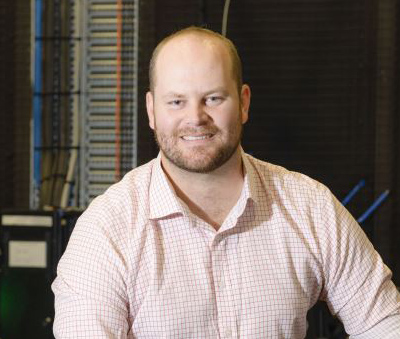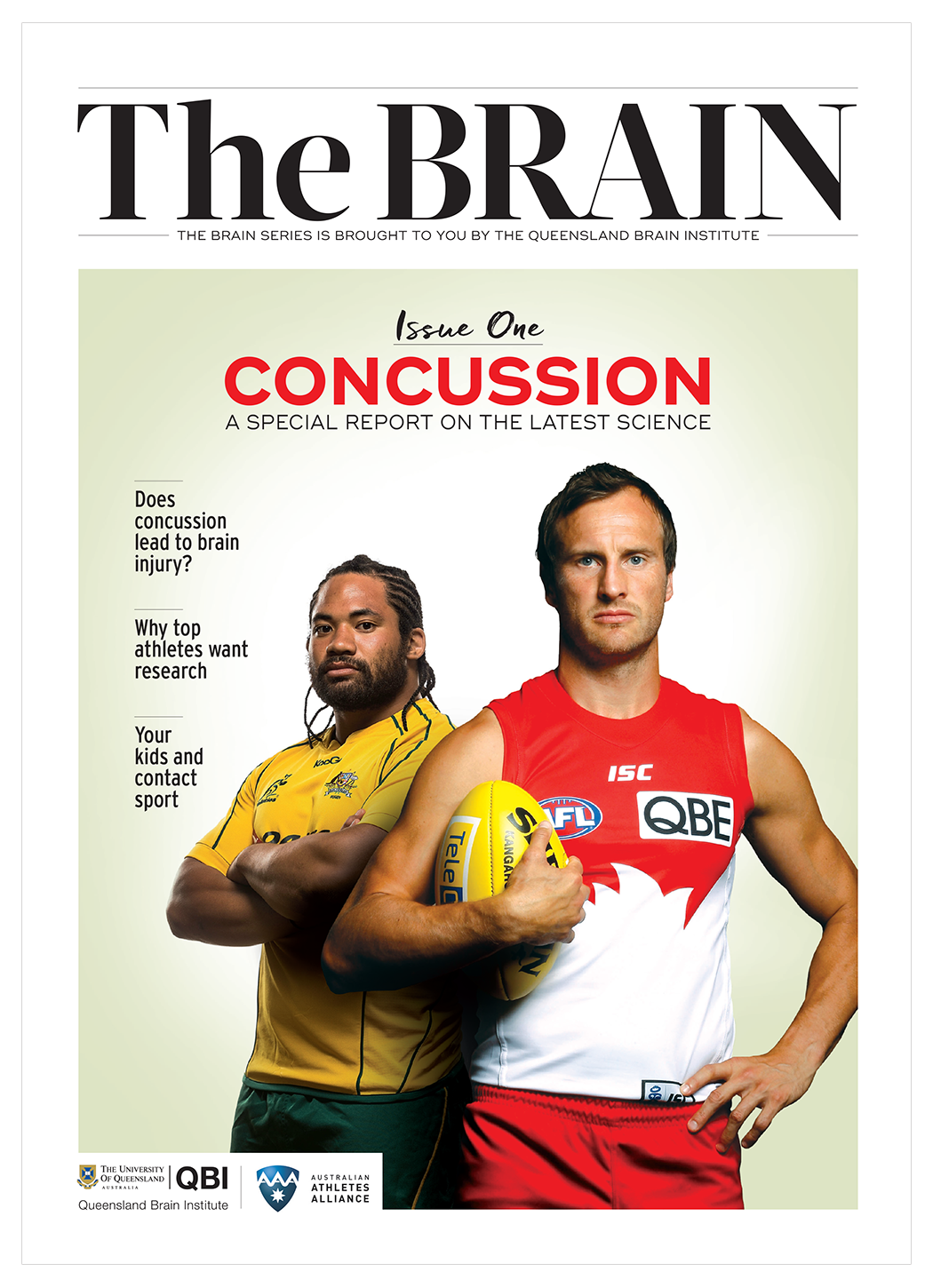Andrew Swain
 FOX Sports journalist and commentator Andrew Swain has been a sports fan since he first played competitive sport, aged just five.
FOX Sports journalist and commentator Andrew Swain has been a sports fan since he first played competitive sport, aged just five.
Not only does he report on sport, but he's played his fair share of first-grade rugby union – and experienced his fair share of concussions.
His worst concussion came during a game of suburban 'subbies' rugby, when he took the ball off a quick tap and looked up and saw an opposition player running straight towards him. He only had time to duck his head.
"The next thing I knew I was sitting on the sideline with a Powerade in my hand," he says. "I had no idea where I'd parked my car. A teammate had to drive me home."
For around a month afterwards, he wasn't his normal self. "I was irritable. I found it hard to concentrate and had constant headaches." he says. "It was quite terrifying, considering that is the opposite of the way I normally feel."
When he was playing at that level, there wasn't a whole lot of awareness around symptoms and effects of concussion, he says. The first he learned about concussion was when he had one.
Though he doesn't want to dwell on it, Swain, in the back of his mind, is worried how his future health may be affected by those head knocks. "The most concerning thing about my brain health is the unknown. What damage was done to my brain from those early concussions?"
He says the sport of rugby union has been proactive in raising concussion awareness and developing management protocols. "The blue card initiative is a big step to protecting players in the game," he says.
But Swain notes that concern about concussion on the field shouldn't be something players should focus on when they're in the game. "I don't think people should be taking the sporting field thinking about concussion, but it shouldn't be an afterthought either," he says. "Knowing the signs when you see it in teammates and education around the subject should be compulsory."
The key to that is more concussion research, he says. "I think the research is so important to raise the awareness at a basic grassroots level that concussion is a real issue that shouldn't be taken lightly."

